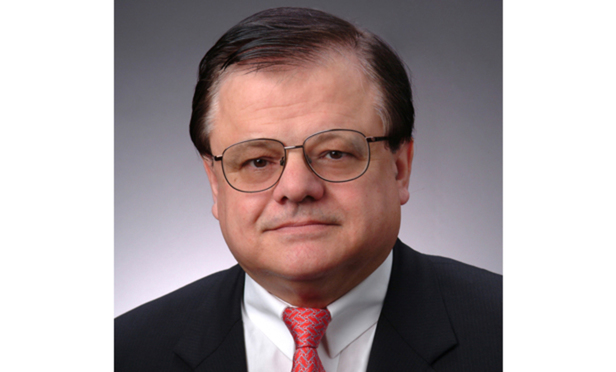The New York courts adhere to the rule set forth in Frye v. United States, 293 F. 1013 (DC Cir. 1923), in determining the admissibility of expert testimony based upon novel scientific principles or procedures.1 The Frye rule, as explained by the Court of Appeals in People v. Wesley, 83 N.Y.2d 417, 422 (1994), requires the scientific principle or technique to be “sufficiently established to have gained general acceptance in the particular field in which it belongs.” In essence, Frye permits experts who know the most about a principle or procedure to first experiment and then study it, forming a technical jury that must pass upon its status before the jury hears the opinion based upon such principle or procedure.2
The limited purpose of the Frye rule is to ensure the opinion is sufficiently reliable to justify its admission, which is accomplished by the ascertainment of whether the opinion is based upon accepted scientific principles rather than simply the expert’s own unsupported belief, with the goal of “protect[ing] juries from being misled by expert opinions that may be couched in formidable scientific terminology but are based on fanciful theories.”3



